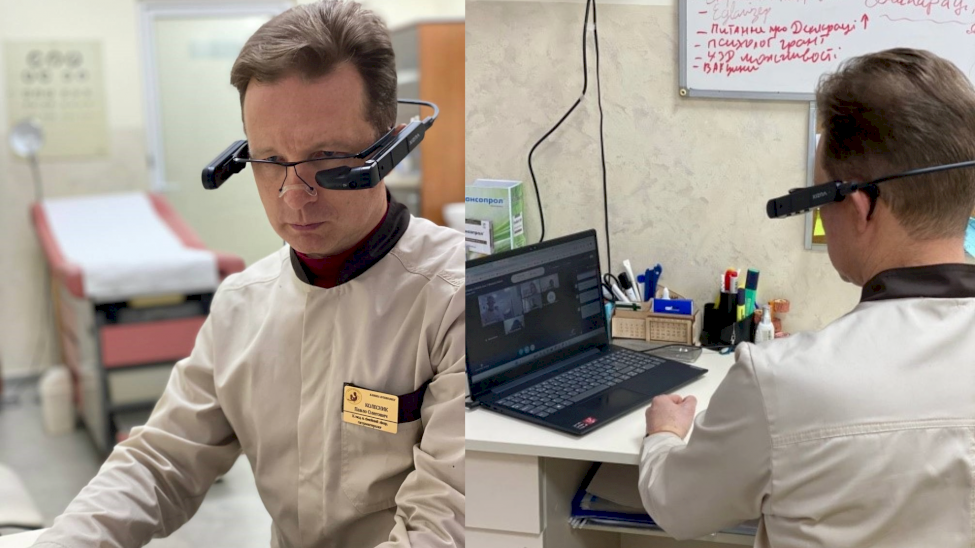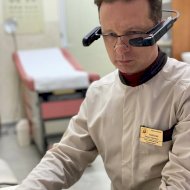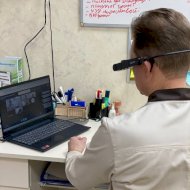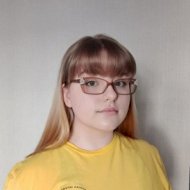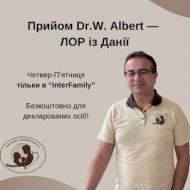These days Ukraine marks a mournful date: two years since the beginning of Russia's aggression against Ukraine.
Every 730 war days , with a minute of silence, we remember all those who have fallen victim to this aggression.
In 2022 the population of Ukraine was 41.1 million people. Since the beginning of the war, more than 16.3 million Ukrainian refugees have been forced to flee Ukraine. About 8 million more Ukrainians have become internally displaced persons (IDP), 60, 000 of whom have added to the population of Uzhhorod. In the middle of 2023, including military and civilian casualties, the resident population of Ukraine dropped to 25 million. Unfortunately, the casualties of the war will reduce the reproductive part of Ukraine which will accordingly cause a demographic collapse in the after-war country.
In this situation, the significance of IDP for Ukraine is increasing even more. The greatest challenge of the “INTERFAMILY” Clinic at the first step was - to help IDPs survive during the first days of the war and adapt to the situation with high quality family medical care that includes clinical diagnosis, prevention, screening, chronic disease care etc. The second step is to help the country's most vulnerable population stay healthy enough to lift Ukraine out of ruins one day after the victory.
We are and will always be grateful to all our donors all over the world: Corvallis Sister Cities, WONCA Europe, EURACT, EGPRN, other organizations, and individual donors who have been helping us during these two unbearably difficult years.
The “INTERFAMILY” Clinic is doing its best to gain sustainability in different directions:
1) New medical services and international medical experts working at the Clinic attract new patients. We share with you the impressions of an experienced otolaryngologist, a volunteer from Denmark Dr.Albert about his work at the Clinic:
“Sharing my impression after the first 2 days working at IF clinic. Very friendly and helpful staff, I was accompanied by a young ENT doctor, a young English -speaking internal medicine doctor and a medical student from Nigeria. We managed on the first day to see around 12 patients who presented with different complaints like allergic rhinitis, hearing impairment, earache, tonsillitis, and snoring. We've taken our time examining the patients using what was available instruments, explaining the cases to the young doctors. Everyone has done their best to achieve both a good assessment of the cases as well as scientific discussions.”
.We are all looking forward to seeing more patients in the clinic as part of our little contribution to the local community.
We welcome any experts from different countries to visit and to work at our Clinic!
2) In the plans of 2024 we are expecting some other experts to visit us. Our permanent donor and friend from the UK Professor Michael Harris, national representative of EGPRN from the UK will visit us in April 2024 .
We are looking forward to meeting a team of EURACT national representatives to visit Uzhgorod and to conduct teaching activities in May.
Our dear friend and permanent donor Dr Mark Rampton from Sister Cities Corvallis (US) plans to visit our Clinic soon and to do some hands-on teaching and seeing patients during a week..
We don’t fill alone in our crisis time having so many true friends all over the world.
3) Fellowship of the young trainees.
Ukrainian trainees – residents of FM in the 1st and the 2nd year of residency are the core of our active young team who have permanent rotations in the InterFamily clinic.
The Clinic attracts even younger medical students for the practical fellowship to gain practical experience.
The 2nd year medical student from Vinnytsia (Ukraine) has passed the 3 week fellowship at the “INTERFAMILY” clinic. Here is her feedback:
“During my internship at the clinic, I had an incredible experience and learned a lot. The team of specialists was very friendly and helped me every step of the way during my internship. I had the opportunity to work with modern equipment and learn about the use of new treatment methods, which gave me confidence in my skills. I liked the student's involvement in the work during the family doctor's visit - not only observing the work of the specialist, but also the student's involvement in the work. The doctors created a comfortable atmosphere and were not arrogant towards me - they were all interested in my training, answered my questions, and treated me as if I were their colleague. They also familiarized me with the patient's medical history, which helped me to navigate. It was cool to see for myself that high-quality and evidence-based medicine is already being implemented in our everyday lives. Communicating with strangers was difficult for me because of my personality, but at the Clinic, I developed the skill of proper communication with people. The fact that you work and help IDPs and the military is a separate topic for describing my impressions. I was extremely happy to see not only the qualified help provided to those in need, but also that the stories of these people are and will be heard.
This fellowship was not only a valuable experience for me, but also a source of inspiration for my future career in medicine. After all, studying at a medical school is more exhausting than ever, but this internship was a "breath of fresh air." I will remember these 3 weeks with warmth in my heart, because it was incredible to try out the work of a doctor in practice, not just imagine it from the theories in books. Thanks to this practice, I was able to see and try myself in family medicine. I was interested in this specialty and when choosing my future specialization, I will keep this area in mind as one of the most interesting and comfortable ways to further my career.
I am very grateful for this opportunity and recommend this opportunity to anyone who wants to deepen their knowledge in the medical field.
Everything was set up as efficiently and effectively as possible. A friendly team, good working conditions, patients who trust you - I don't know what else I could add!
P.S. Special thanks to young doctors Andrii Kolesnyk and Dmytro Hryhorenko for giving me their time and allowing me to participate in various aspects of treatment - from ordinary communication to care for seriously ill patients. I would also like to thank the 1st year resident Vadym for helping me as a buddy from the first day (a tour of the clinic), recommending and supporting me during these 3 weeks!”
4) The staff of the Clinic is introducing new technologies in teaching and medial practice (British-Ukrainian project)
a) To overcome the lack of doctors in Ukraine during the war, the “INTERFAMILY” Clinic has introduced virtual clinical placements in medical counseling and education using smart glasses, the latest achievement in the world of digital technologies. Not a long time ago together with our British partners, we started the Virtual clinical placements project which includes using “smart glasses” for telemedicine, teleconferences, and medical imaging. One of the most complex challenges of this Project is to ensure that people living in rural and remote locations, especially during epidemics have access to trained GPs. It is even more important when many doctors and nurses become ill themselves and have self-quarantine and continue working using smart glasses. The access to clinical placements has been partially restricted in Ukraine because of the war. Thus, only 60% of undergraduate medical students across the country have access to teaching online. Virtual clinical placements allow students to participate and study in a clinical environment, being engaged with clinicists and real patients. These placements allow students to gain invaluable clinical experience from any location thanks to Internet access. A recent study has shown that when GPs receive training via immersive digital technology, they can improve their knowledge retention of health and safety guidelines by 230%. Now our British partners provided us with a full setup of a “smart clinical room” including online translator.
b) It is well known that simulation mannequins provide a realistic training environment that closely resembles real-life scenarios. Electronic simulation mannequins open up many unprecedented opportunities: 1) to train staff without putting patients at risk;2) to conduct training as often as needed;3) to prevent medical errors; 4) to conduct a detailed analysis of the situation;5) to provide the most complete, consistent and reliable quality care. Our trusted friend Celia Hildebrand (USA) organized the donation and transportation of two electronic simulation mannequins that would help the “INTERFAMILY”’ and FM department’s further development.
5) To get financial independence we are participating in three international grant projects.
We would be grateful if you provide us with the contacts of any grant project which we could participate in.
Once again, thank you for your permanent help! Stay with us, as it makes us stronger!

